There’s no guarantee that the Summer Olympics will even take place in Tokyo later this summer, but if the Games do end up taking place and aren’t canceled because of the COVID-19 state of emergency currently in place in the country, the Japanese gun control laws could end up having a major impact on shooting events.
The country’s gun measures are so restrictive that Olympic coaches can’t even touch the firearms used by athletes, and competitors are scrambling to find ways to work around the many restrictions.
During the Games, coaches will be able to help with “minor repairs”, so long as the athlete is holding the weapon.
And rules have been relaxed so that technical officials can handle firearms and inspect ammunition under International Shooting Sport Federation rules.
It’s been a complicated process, National Rifle Association of Japan president Kiichiro Matsumaru told AFP.
“We were involved in negotiations with the police and government so that teams coming here wouldn’t have any complaints,” he said.
But despite their efforts, he fears “if they come here and feel it’s inconvenient, they might complain afterwards”.
Just like gun owners here in the United States, competitors in Tokyo are also going to be dealing with an ammunition shortage, though in this case the scarcity is compounded by the gun control laws in place that apply even to Olympic athletes. Japan has imposed a limit of 800 rounds of ammunition per competitor, which dramatically impacts shooters and their ability to train in-country.
Organisers had to come up with a “complex plan” to stop competitors potentially running out of bullets, Tokyo Games shooting sport manager Peter Underhill told AFP.
“This has been introduced specifically for Tokyo 2020, in order to help mitigate the effects of this particular piece of legislation,” he said.
There will be a few options, including shipping bullets to Japan through a designated contractor, but the rounds must be stored outside the shooting venue and brought in to replenish supplies.
Teams will also be able to buy ammunition at the Olympic shooting range, though they’ll have to settle for whatever is available, which may differ from their usual specifications.
Despite those challenges, if the Olympics do end up taking place this summer, Team USA is expected to send 21 athletes to the Games, with the final four competitors set to be selected this week at Fort Benning, Georgia. In women’s smallbore rifle, 2016 gold medalist Ginny Thrasher currently sits atop the leaderboard and looks to be in good shape to shoot for her second medal. Thrasher became the youngest American woman to win a gold medal five years ago in Rio, and will likely be the odds-on favorite if she secures a spot in the Olympic lineup this week.
However, one of the biggest changes to the lineup of American shooters will be the absence of Kim Rhode, who’s medaled in the past six Olympic games. Rhode came up short in qualifying for the U.S. team in skeet shooting, and instead, USA Shooting will be sending first-time Olympians Amber English and Austen Smith to represent the United States in the event.
It’s going to be odd to watch Team USA compete without Rhode, but even without her presence in Tokyo, the Americans are expected to do well, despite the onerous and absurd restrictions that Japan is placing on the world’s top competitive shooters. Not only will the Summer Games provide an opportunity to demonstrate America’s expertise in the shooting sports, they’ll give American gun owners the chance to point out how ridiculous Japan’s gun control regime really is.
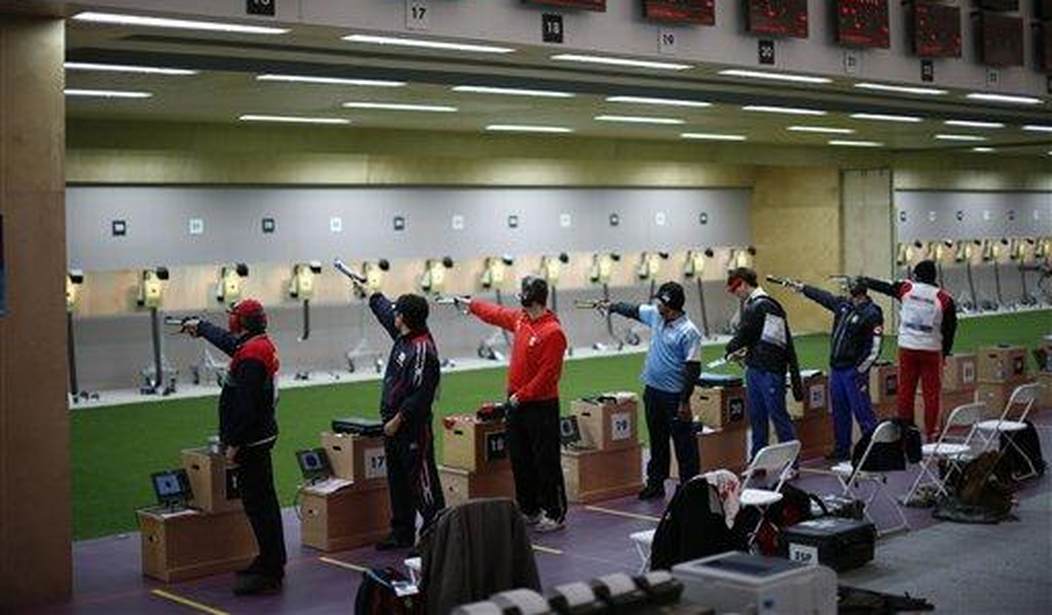




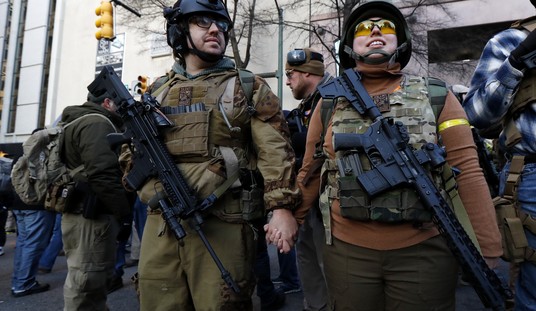
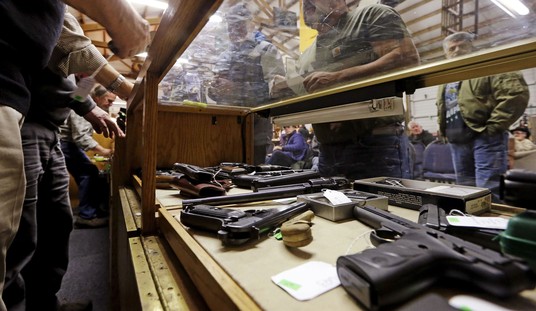
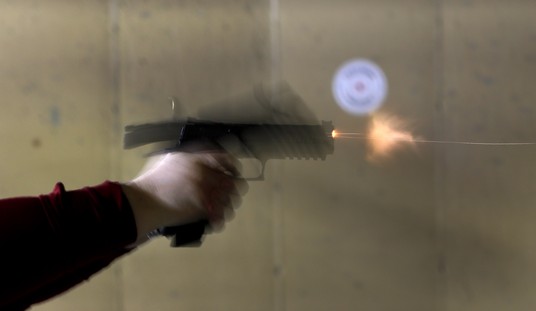
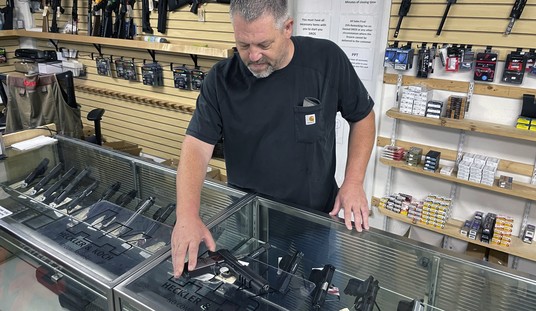
Join the conversation as a VIP Member